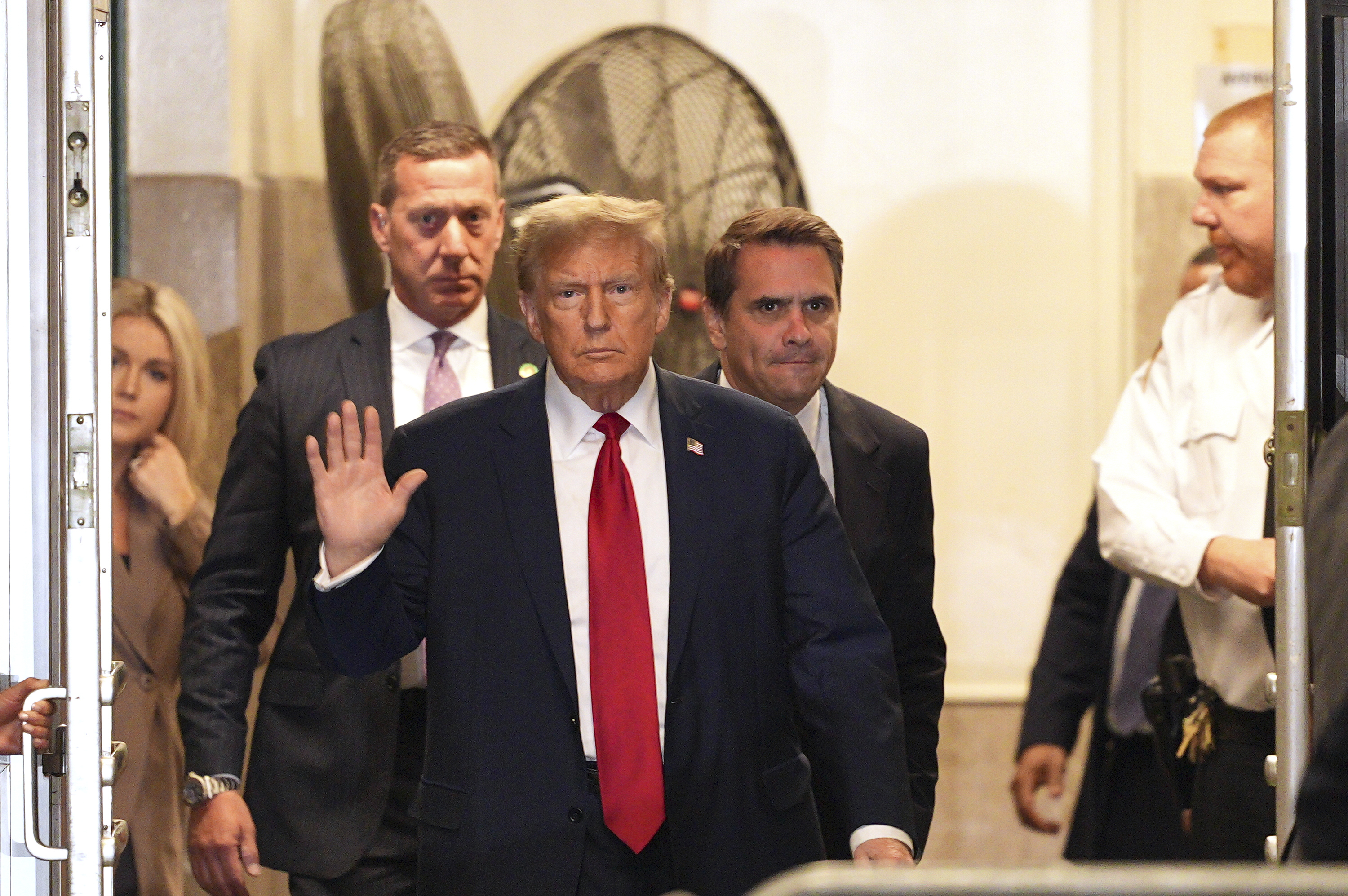When I read the ABC7 poll showing Rahm Emanuel with 54 percent of the vote, I thought of a line from Evan S. Connell’s novel Mr. Bridge. As he reflects on the eternal childishness of his wife, Mr. Bridge thinks, “He had taken her from her home, and substituted himself for her father.”
That’s what about to happen to Chicago. The city will be passed, like a bride, from one authority figure to his hand-picked successor. And that’s the way we want it, too.
It aggravates reformers and good-government types to no end, but the fact is, democracy is not part of this city’s DNA. Mike Royko, who understood Chicago politics better than anyone, wrote this in his appreciation of Richard J. Daley:
“If Daley sometimes abused his power, it didn’t offend most Chicagoans.The people who came here in Daley’s lifetime were accustomed to someone wielding power like a club, be it a czar, emperor, king or rural sheriff. The niceties of the democratic process weren’t part of the immigrant experience. So if the Machine muscle offended some, it seemed like old times to many more.”
Daley’s Machine was modeled on the top-down structure of the Catholic Church, which was also part of this city’s immigrant experience: he was the Pope, the ward committeemen were the cardinals, and the precinct captains were the priests.
Chicago did try democracy for a decade, from 1979 to 1989. It wasn’t supposed to happen. After Daley died, Mayor Michael Bilandic was appointed to serve as regent until Richard M. Daley came of age. But Bilandic bungled away the mayoralty to Jane Byrne, who in turn bungled it away to Harold Washington, who in turn ate himself to death at Army & Lou’s.
Most Chicagoans think of that decade as an era of racial strife and economic decline, and point to Young Daley’s accession to his birthright as the beginning of the city’s rise to global prominence. But two of the city’s most thoughtful aldermen, Toni Preckwinkle and Edward Burke, remember it as the city’s equivalent of the Prague Spring.
Politics
“Council Wars weren’t chaos,” Preckwinkle has said. “It was democracy at its best, if you ask me.”
Burke, one of the ringleaders of Council Wars, recalls it as a time when Chicago “had the best government it ever had,” because the mayor and the City Council were forced to compromise. Burke is determined to re-establish checks and balances in City Hall. That’s going to bring him into conflict with Emanuel, who is equally determined to rule as a third Daley.
Richard M. Daley has often bragged that “we don’t have politics in Chicago.” He meant, “No one questions the mayor.” If Emanuel manages to replace Burke as chairman of the Finance Committee, it will be the Chicago equivalent of Henry II assassinating Thomas à Becket.
Winning in the first round would help Emanuel recruit allies in that fight. He’ll be free to spend his millions in the aldermanic runoffs, electing a crew of toadies, bootlickers and shoeshine boys who would agree to sell Lake Michigan to California if he so decreed.
But that’s how Chicago wants it. Royko also had this to say about Richard J. Daley:
“Maybe he couldn’t have been a father figure in Berkeley, Calif., Princeton, N.J., or even Skokie, Ill. But in Chicago there was nothing unusual about a father who worked long hours, meant shut up when he said shut up, and backed it up with a jolt to the head. Daley was as believable a father figure as anybody’s old man.”
We’re about to get another father figure. When Rahm Emanuel says shut up, we’ll shut up. And we’ll enjoy the silence.

Buy this book! Ward Room blogger Edward McClelland's book, Young Mr. Obama: Chicago and the Making of a Black President , is available Amazon. Young Mr. Obama includes reporting on President Obama's earliest days in the Windy City, covering how a presumptuous young man transformed himself into presidential material. Buy it now!



